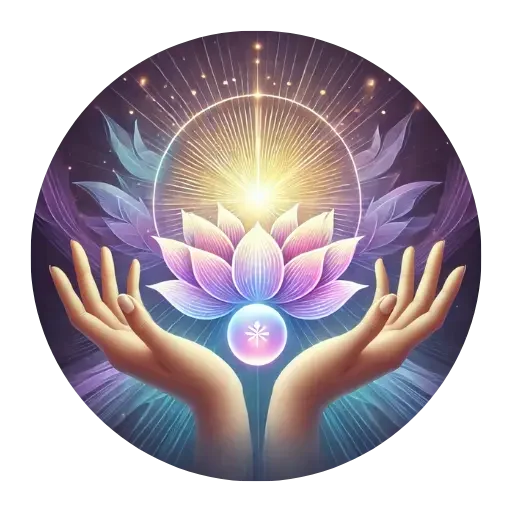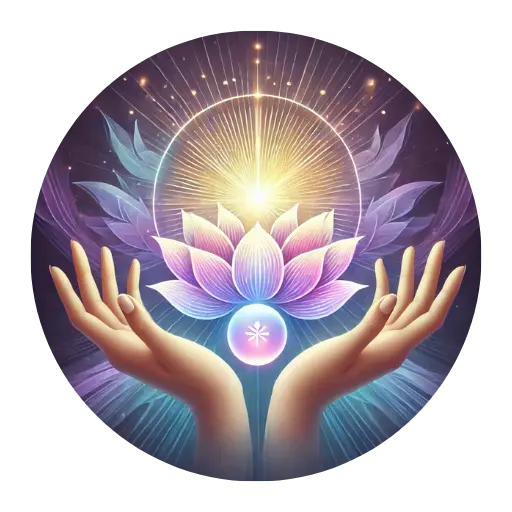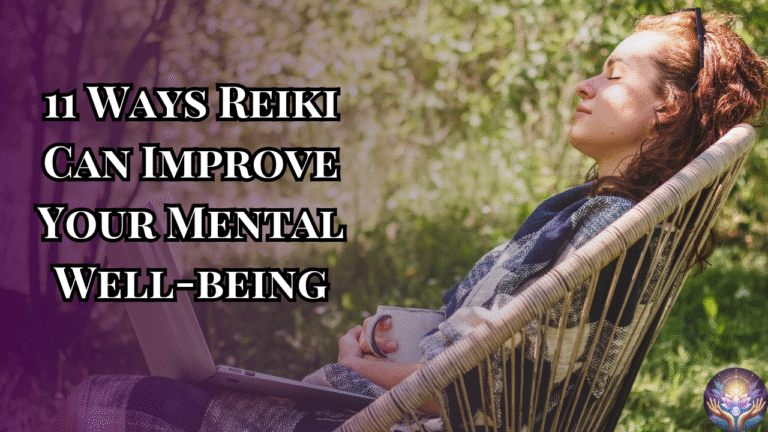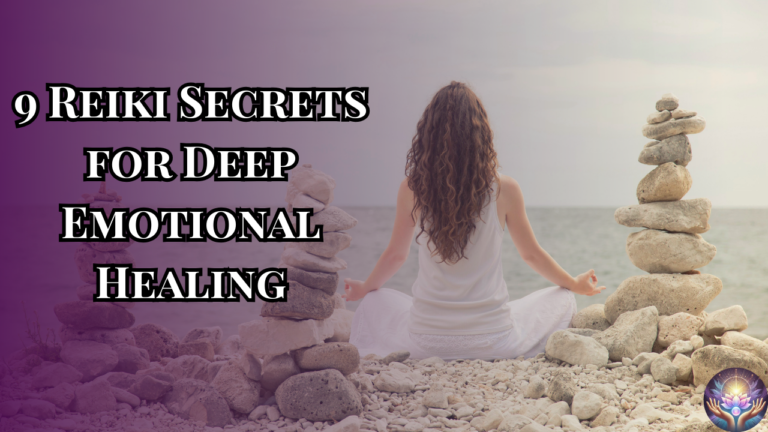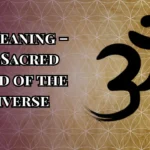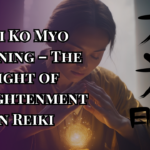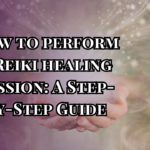Reiki is a widely practiced form of energy healing that promotes balance and well-being on a physical, emotional, and spiritual level. However, despite its growing popularity, many common Reiki myths continue to circulate—leading to confusion, skepticism, and missed opportunities for healing. Let’s debunk the most widespread misconceptions and discover the truth behind this gentle and powerful practice.
1. Reiki Is a Religion
Myth: Reiki requires religious belief or worship.(This is the one of the most common Reiki myths believed world wide).
Truth: Reiki is a spiritual practice, but it is not affiliated with any religion. People of all faiths—or none—can practice or receive Reiki. It works with universal life force energy, not religious doctrine.
2. You Must Believe in Reiki for It to Work
Myth: Reiki only works if the recipient believes in it.
Truth: Reiki does not depend on belief. It is an energetic process that functions regardless of the recipient’s mindset, though openness can enhance the experience.
3. Reiki Is Just a Placebo
Myth: Reiki has no real effect beyond placebo.
Truth: Numerous studies and testimonials suggest that Reiki promotes relaxation, reduces stress, and supports healing—even in animals and infants who cannot experience placebo effects.
4. Only “Gifted” People Can Learn Reiki
Myth: You must be born with special powers to practice Reiki.
Truth: Anyone can learn Reiki with proper training from a certified Reiki Master. It’s a teachable, learnable method open to all.
5. Reiki Practitioners Diagnose Illness
Myth: Reiki practitioners can diagnose or cure diseases.
Truth: Reiki is a complementary therapy, not a replacement for medical diagnosis or treatment. Practitioners do not give medical advice.
6. Reiki Is the Same as Massage
Myth: Reiki is a type of massage.
Truth: Reiki is a non-invasive, hands-on (or hands-off) energy technique. It doesn’t involve muscle manipulation and can even be done without physical touch.
7. Reiki Energy Comes From the Practitioner
Myth: The practitioner uses their own energy in healing.
Truth: Reiki practitioners channel universal life force energy—not their personal energy. They act as conduits rather than energy sources.
8. Reiki Works Instantly or Not at All
Myth: If Reiki doesn’t work immediately, it never will.
Truth: Reiki can produce instant results in some cases, but often it works gradually. Like any holistic practice, healing can take time.
9. Reiki Can Only Be Done In-Person
Myth: Reiki only works if you’re physically present.
Truth: Distance Reiki is a well-established method. Reiki energy transcends space, and practitioners can send healing across any distance with proper intention and technique.
10. Reiki Is Dangerous or Occult
Myth: Reiki is tied to dark or occult forces.
Truth: Reiki is based on love, light, and balance. There’s no dark magic or hidden agenda—only the intention to support healing and harmony.
11. You Need Crystals, Music, or Tools for Reiki
Myth: You must use crystals, incense, or music during Reiki.
Truth: These tools may enhance the ambiance, but they’re not required. Reiki relies solely on intention and energy flow.
12. Reiki Conflicts with Western Medicine
Myth: You must choose between Reiki and medical treatment.
Truth: Reiki complements medical care beautifully. Many hospitals and clinics now integrate Reiki to support patient recovery and reduce stress.
13. Reiki Is Just “Positive Thinking”
Myth: Reiki is just a mental trick involving positive vibes.
Truth: While positivity helps healing, Reiki involves the actual flow of universal energy, independent of thoughts or affirmations.
14. Reiki Is Only for Healing Illness
Myth: Reiki is useful only when someone is sick.
Truth: Reiki can be used for stress relief, spiritual growth, emotional balance, and preventive care—not just for illness.
15. One Reiki Session Is Enough
Myth: A single session will fix everything.
Truth: Healing is a journey. While some benefit after one session, most people need multiple sessions to achieve deeper and lasting transformation.
Final Thoughts
Understanding the truth behind common Reiki myths empowers you to approach energy healing with clarity and confidence. A gentle yet powerful practice, Reiki can support your well-being in profound ways—especially when misinformation doesn’t cloud it. Whether you’re a curious beginner or a seasoned practitioner, staying informed helps you make the most of Reiki’s benefits.
